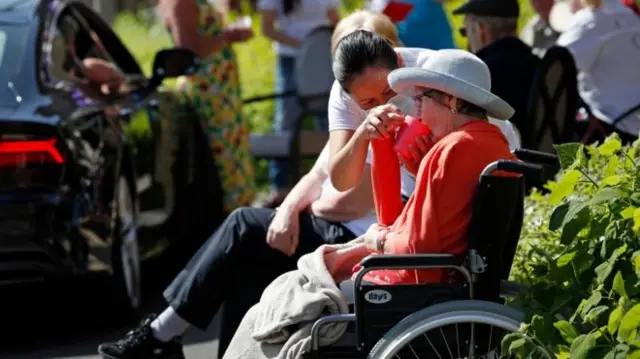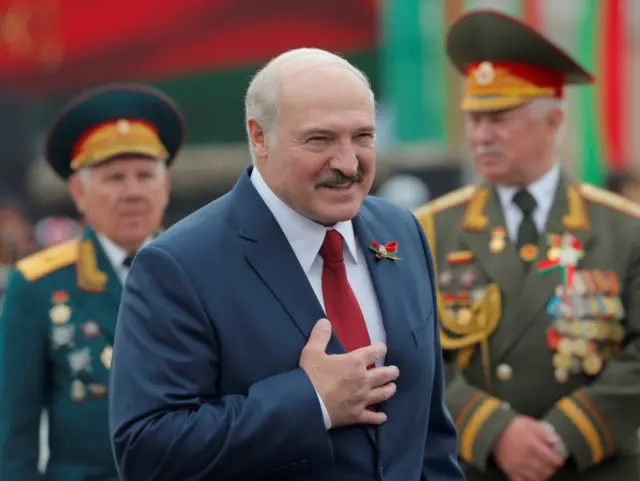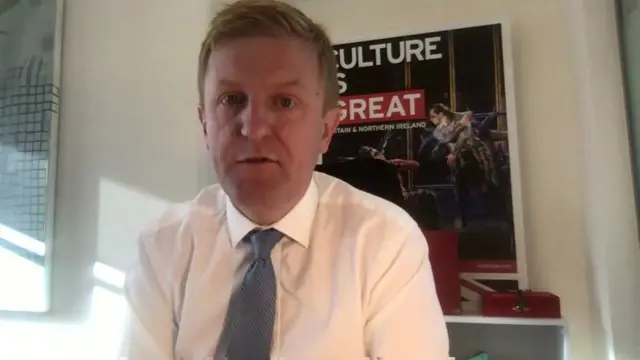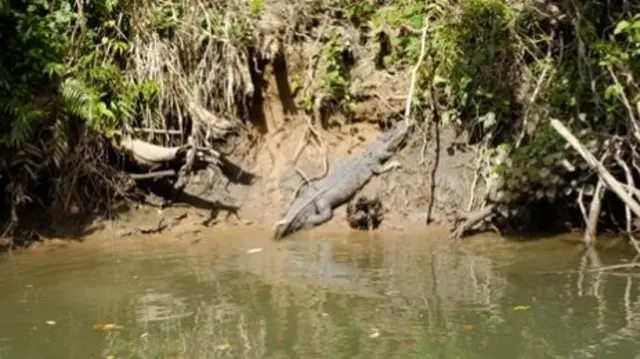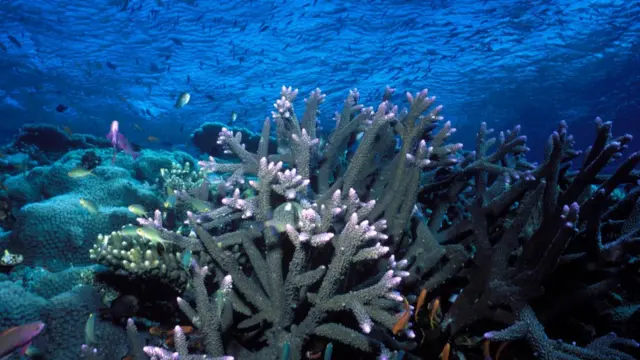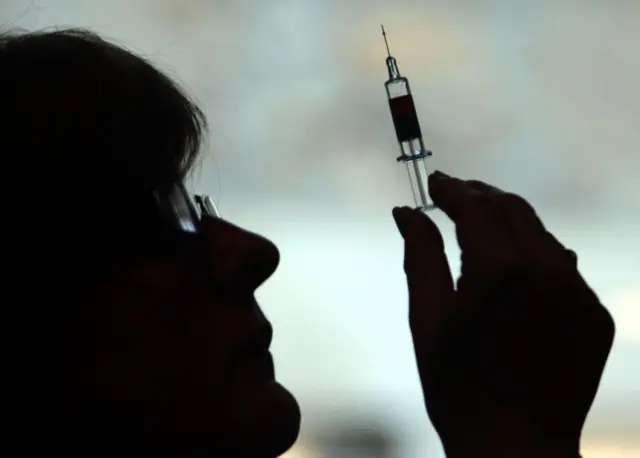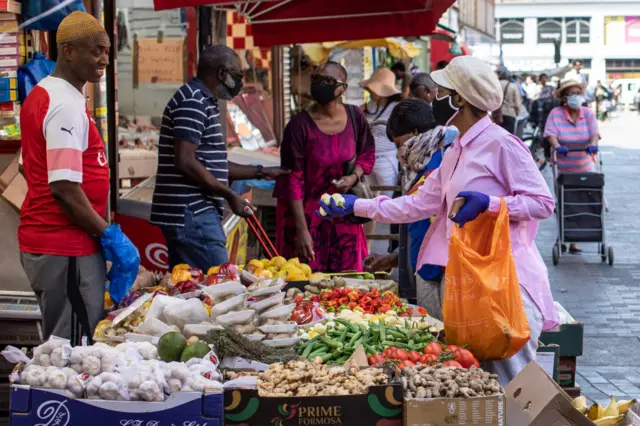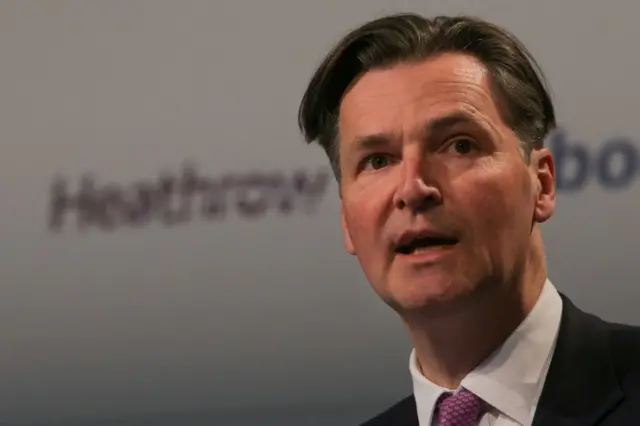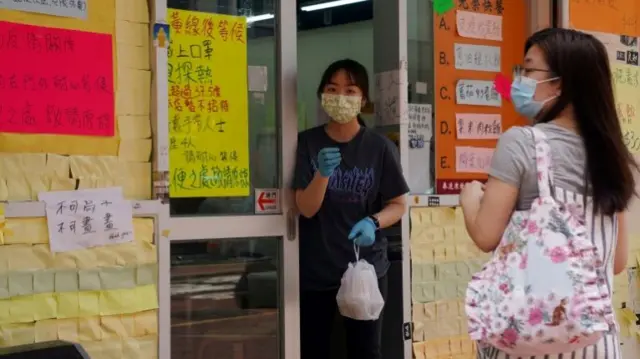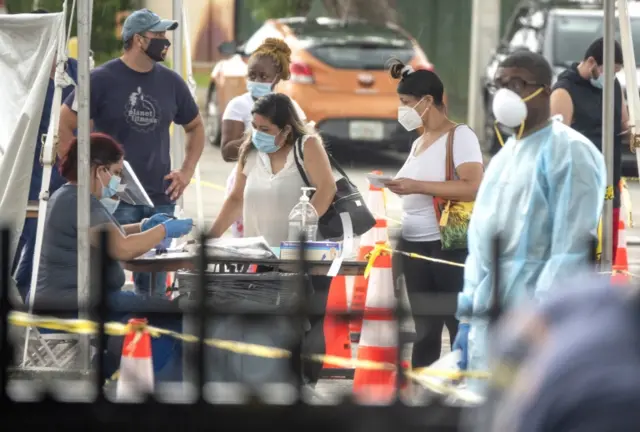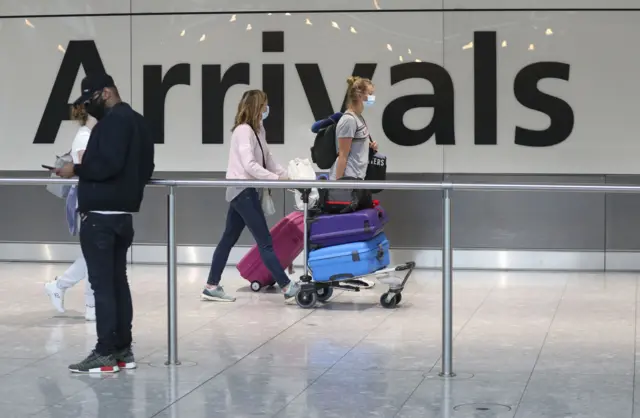The island hoping to be festival hotspot amid pandemicpublished at 09:42 BST 29 July 2020
 Annabel Rackham
Annabel Rackham
Newsbeat reporter
 Image source, Getty Images
Image source, Getty ImagesWith festival season cancelled in most places, Malta sees a tourist opportunity
In a parallel universe, festival season is in full swing, while flights to Mallorca and Ibiza are filled with Brits ready to hit the clubs.
But most of those clubs are closed.
And while the coronavirus pandemic has ruined many plans for the summer, one country has spotted an opportunity.
Four music festivals are planned in Malta over the next few months.
The line-ups are full of British artists like Chase and Status, Aitch, AJ Tracey and Fatboy Slim, with their social media targeting people in the UK with information on flight prices.
But there are concerns about what might happen if loads of people pile onto the island. "Imagine how much corona Brits are going to take to those festivals in Malta," one DJ posted.

